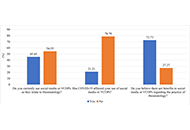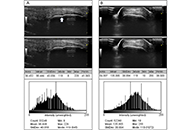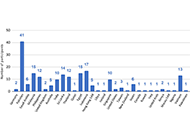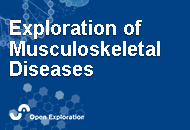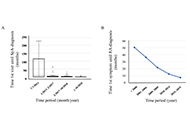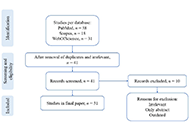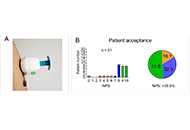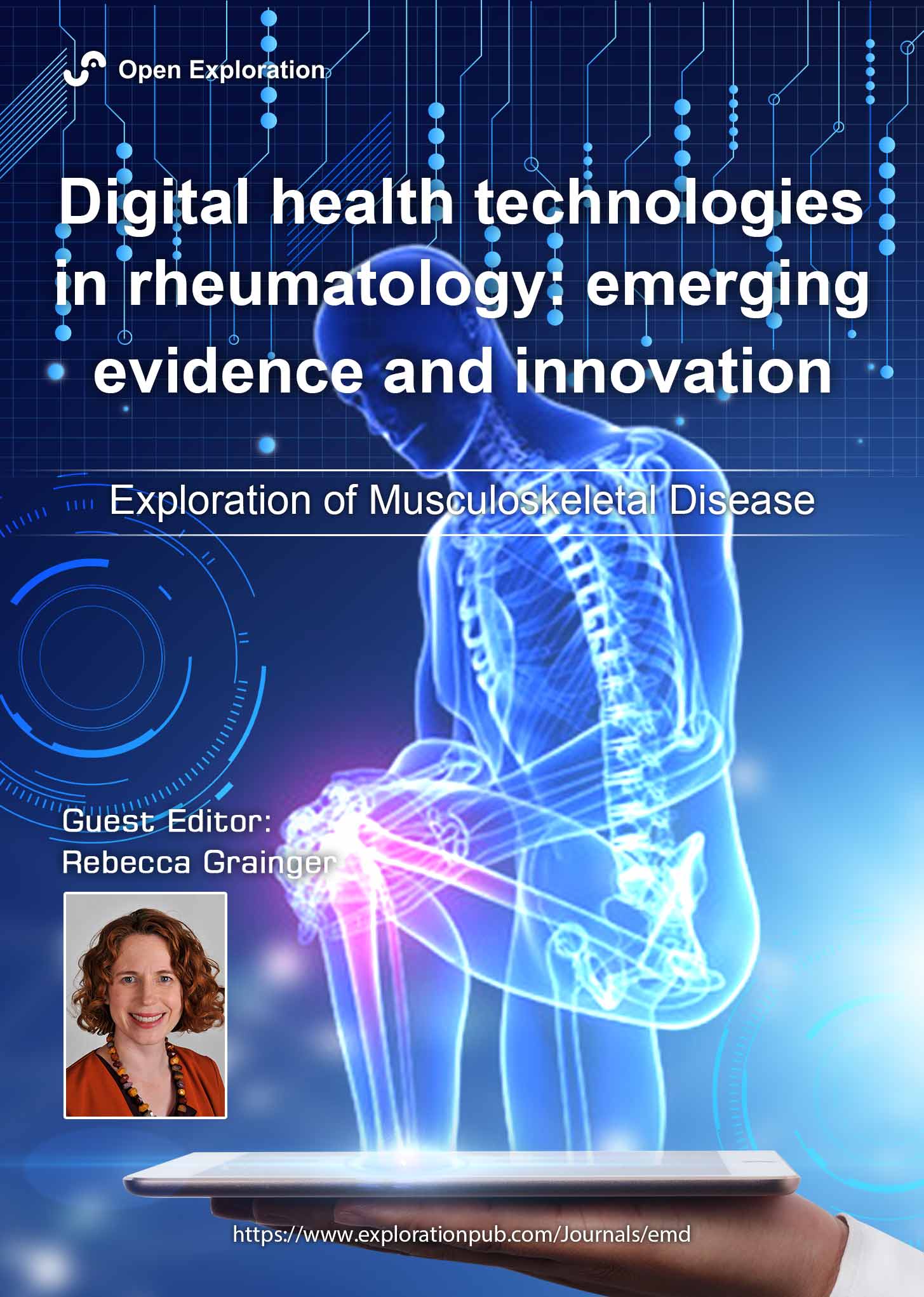
Digital Health Technologies in Rheumatology: Emerging Evidence and Innovation
Guest Editor
Prof. Rebecca Grainger E-Mail
Department of Medicine, University of Otago, and Hutt Hospital, Wellington, New Zealand
Research Keywords: Gout, rheumatoid arthritis, health services, digital health
About the Special lssue
Digital health technologies have seen marked interest and innovation in rheumatology in the last decade, which was further increased by technology adoption in health care during the COVID-19 pandemic. Digital health technologies that have potential in rheumatology care include remote consultations and monitoring, mobile applications and web-based patient-facing tools, clinical decision support and monitoring using electronic health records, and artificial intelligence to inform diagnosis, prognosis and treatment decisions. Despite the increasing interest in digital health tools in rheumatology, the literature describing impact of digital health tools on patient outcomes is nascent and emerging. Furthermore the impacts on health care providers and patients of adoption of digital health technologies also requires further exploration. This special issue of Exploration in Musculoskeletal disease will curate contemporary research examining use of digital health technologies in rheumatology.
Keywords: Rheumatology, telemedicine, artificial intelligence, electronic health records, health services research, medical informatics
Published Articles
